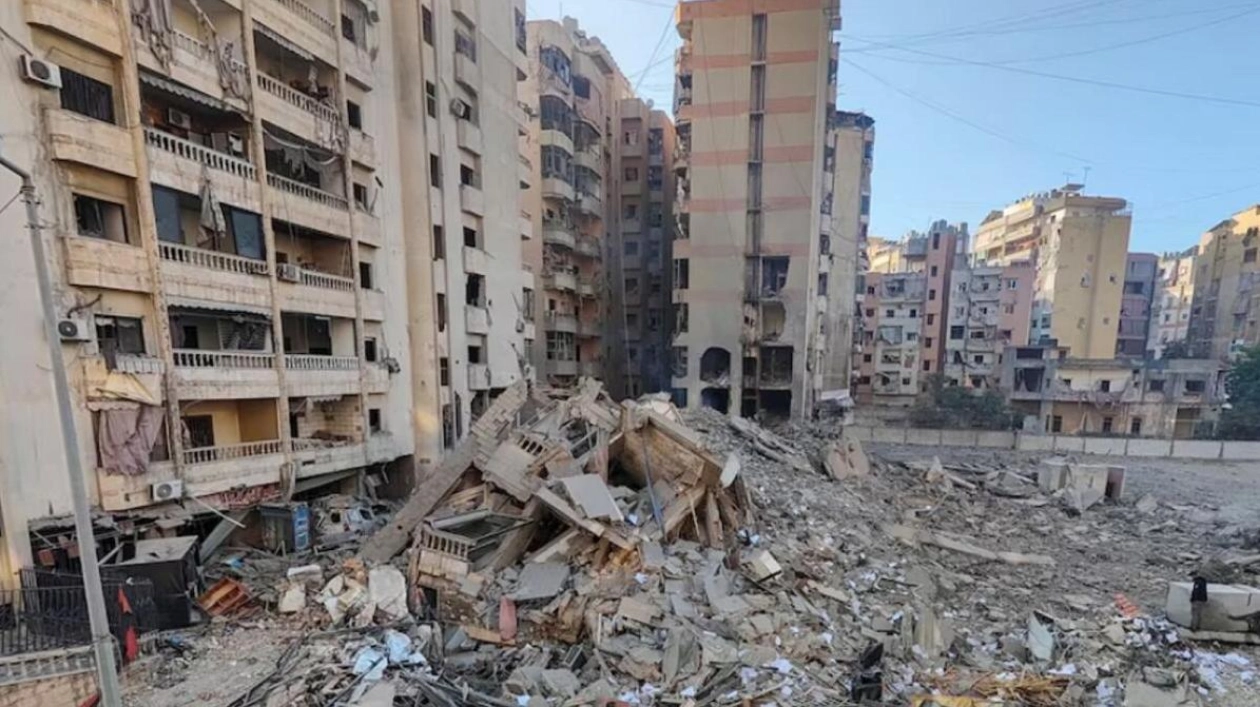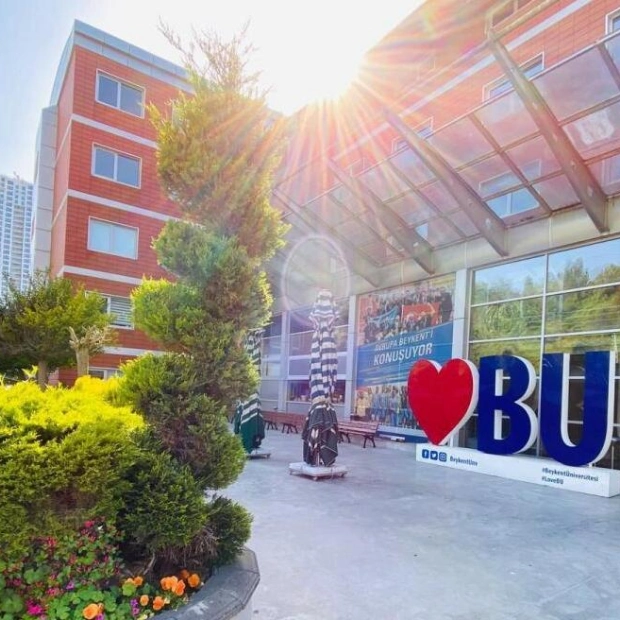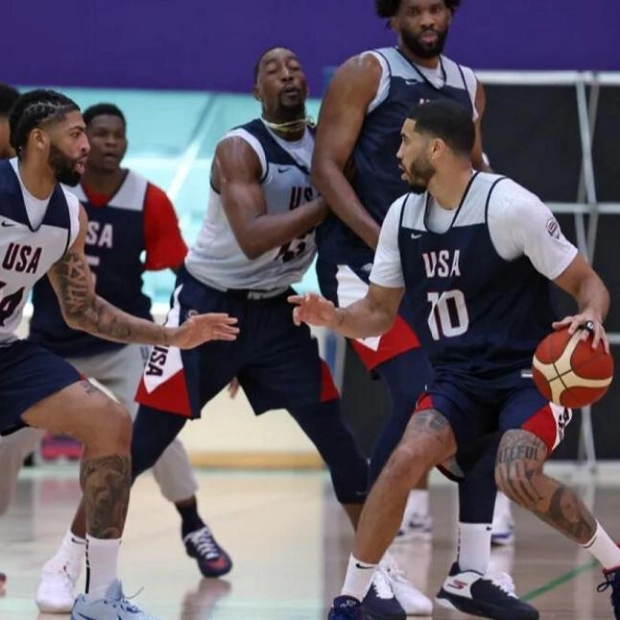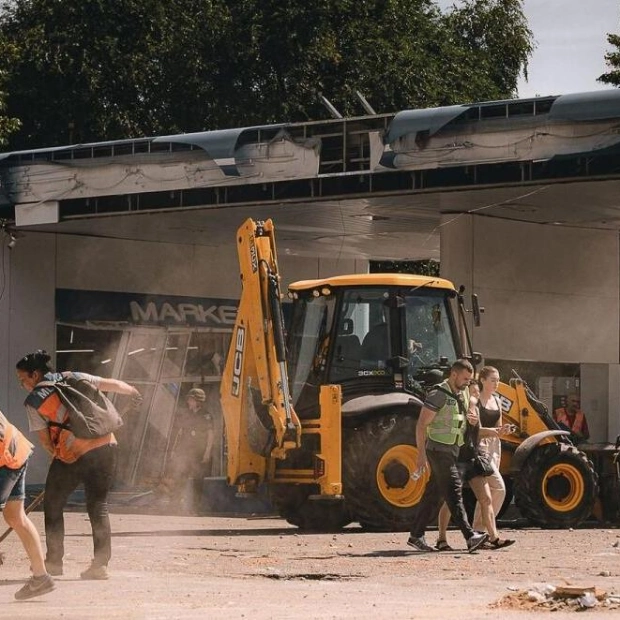Lebanon's prime minister has accused Israel of rejecting a ceasefire after the Israeli military bombed south Beirut for the first time this week on Friday. At least 10 strikes hit the southern suburbs before dawn following evacuation warnings issued by the Israeli military, with AFPTV footage capturing explosions and clouds of smoke.
The National News Agency of Lebanon reported that the raids caused massive destruction, with dozens of buildings leveled and fires breaking out. Targets included Aley, southeast of the capital, and Bint Jbeil in the country's south. The Israeli military stated it continued operations against Hezbollah in Lebanon and Hamas in the Gaza Strip.
The strikes occurred a day after Israeli Prime Minister Benjamin Netanyahu met with US officials to discuss a potential deal to end the war in Lebanon, just before the US presidential election on Tuesday. Lebanese Prime Minister Najib Mikati condemned the expansion of Israel's attacks, interpreting them as a refusal to engage in truce efforts.
The NNA later reported fresh strikes by Israeli warplanes on the eastern city of Baalbek, which houses UNESCO-designated Roman ruins. On Thursday, strikes in Baalbek and Maqna resulted in six deaths each. Analysts suggest Israel's campaign in Lebanon positions it well for a deal.
Netanyahu told US envoys Amos Hochstein and Brett McGurk that any ceasefire deal with Hezbollah must ensure Israel's long-term security. Meanwhile, Israeli Defense Minister Yoav Gallant emphasized security arrangements related to Lebanon and efforts to secure the return of 101 hostages held by Hamas in Gaza.
A US-brokered plan reportedly under consideration would involve Hezbollah withdrawing 30 kilometers north of the Litani river, with Israeli forces pulling back and the Lebanese army, supported by UN peacekeepers, taking over the border. Since the escalation of fighting on September 23, the war has claimed at least 1,829 lives in Lebanon, according to AFP's tally of health ministry figures.
The World Health Organisation expressed deep concern over Israeli attacks on healthcare workers and facilities in Lebanon, stressing they are not legitimate targets. Hezbollah's new leader, Naim Qassem, has not explicitly linked a Lebanon ceasefire to an end to fighting in Gaza, differing from the group's previous stance.
In Gaza, the health ministry reported at least nine killed in overnight strikes on Jabalia and Nuseirat, with people still trapped under rubble. The morgue at Al-Aqsa Martyrs Hospital in Deir el-Balah is full of bodies, mostly women and children, following the occupation's massacres in Nuseirat, according to Marwan al-Hams, director of Gaza's field hospitals.
US, Egyptian, and Qatari mediators have been working to secure a truce and hostage-prisoner exchange in Israel's war in Gaza. Mediators are expected to propose a truce of less than a month to Hamas, involving an exchange of Israeli hostages for Palestinians in Israeli prisons and increased aid to the territory. However, senior Hamas official Taher al-Nunu reiterated the group's rejection of a short-term pause, supporting a permanent end to the war.
Israel's retaliatory bombardment and ground war, following the events of October 7, have resulted in 43,259 deaths in Gaza, the majority of whom were civilians, according to data from the health ministry, which the United Nations considers reliable.
Source link: https://www.khaleejtimes.com






